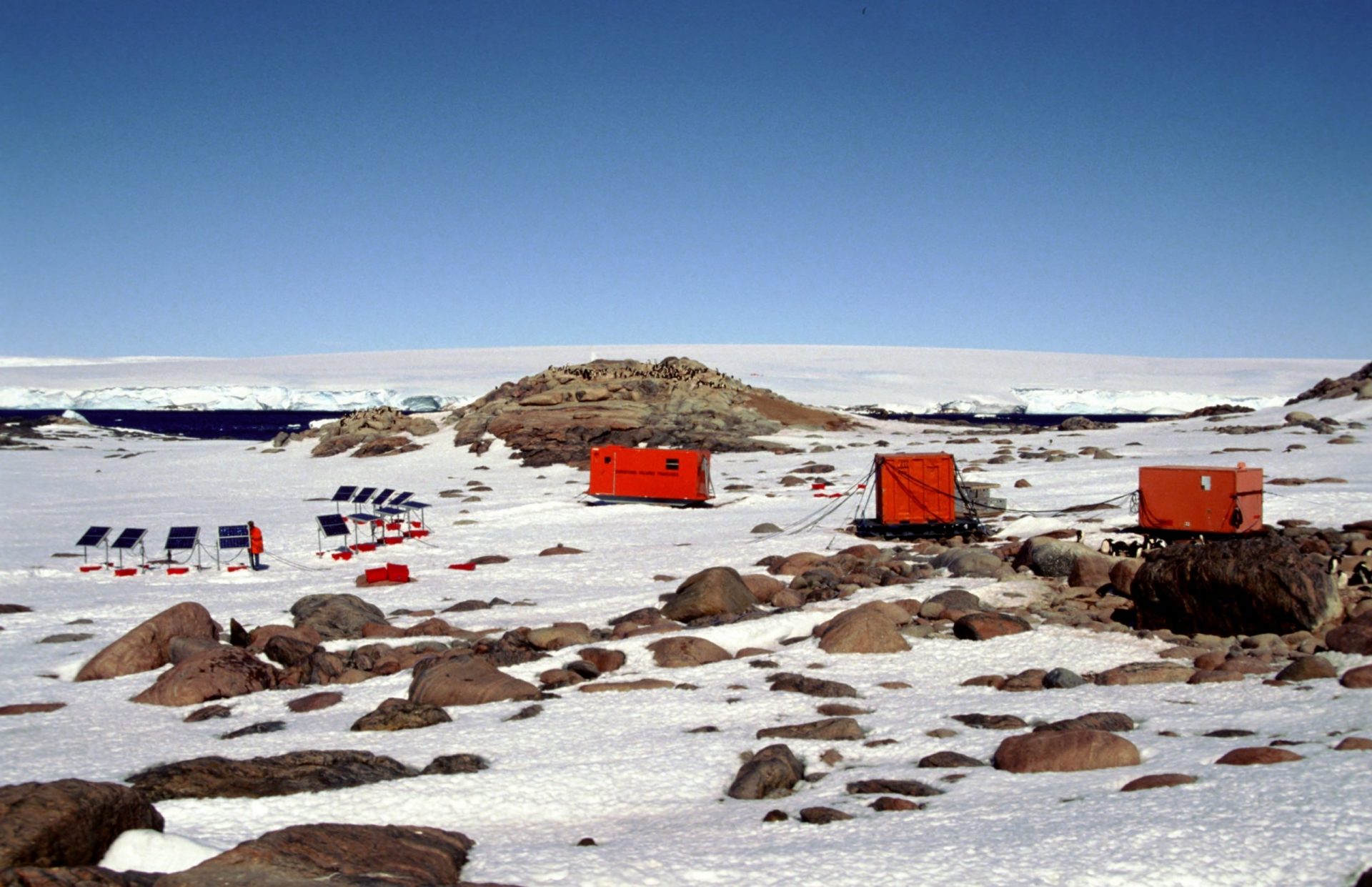
The Fildes Peninsula on King George Island in Antarctica is unique in that it is home to a number of research bases that have been permanently occupied since the 1960s. Over time, air traffic, heavy vehicle traffic (trucks, tractors, etc.) and fossil fuel power generation have taken their toll on the otherwise pristine ecosystems of the region.
Dermot Antoniades, a professor in the Geography Department at Université Laval and a member of the Centre for Northern Studies (CEN), is particularly interested in the surrounding lakes, which are also being affected by global warming. The researcher and his team hope to differentiate the effects of changes attributable to local human activities from those of climatic origin.
To do this, they sampled seven lakes, focusing on two that are located near Antarctic bases and a third that is far from them (control). The conductivity and pH of their waters were measured. In particular, sediment cores were extracted from the lakes in order to reconstruct a timeline. The aim was to compare recent biotic conditions with those that prevailed before the arrival of humans.
The ecosystems of the lakes near the bases were found to be more disturbed than that of the control lake. The concentrations of certain heavy metals, such as zinc, are higher. Their populations of diatoms—photosynthetic microalgae living in the water—show recent increases in reproductive deformities, which is known to be a response to pollution stress. These changes are circumstantial evidence of the impact of human activity in the region
These results are helping to raise awareness among the occupants of the various bases—from Chile, Uruguay, Argentina…—of the effects of fossil fuel use and suggest that the use of non-polluting renewable energies could prevent the negative consequences that research bases or any other development in polar environments have on ecosystems. These data can be applied to Quebec’s subarctic and arctic regions, where economic development projects are underway or on the drawing board.
